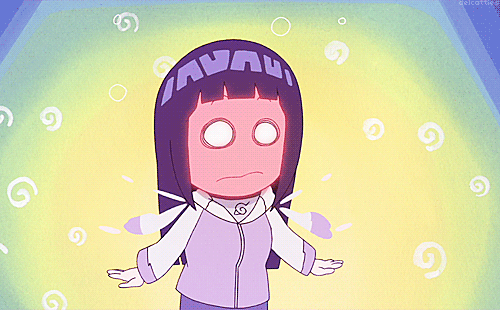Aoi Bungaku - No Longer Human 4 - END
I sounded really harsh in my last set of impressions. Maybe that was a little unfair. This story is really well shot and directed. Morio Asaka knows how to get the most out of his characters in a few words and a few shots, and can frame an arresting image. The difficulty is that this story is about one of the lowest, most pathetic protagonists I've ever encountered. It's hardly shocking that it's a semi-autobiographical book written by someone suicidal.
Oba Yozo's loneliness, self-loathing, and guilt are very real, raw human emotions exposed here at their ugliest. But, at least in this form, those aspects of his character blot out everyone around him. When one of his lovers says, "The Yo we know is very honest and sensitive," it's impossible to see where she's coming from. He's only honest when people think he's lying, and we only see him feeding off the kindness of others and making demands. Maybe it's not surprising that he has trouble seeing his positive qualities, but stuff like that makes it hard to care about everyone else.
I think there are a lot of comparisons you could make between this story and Dostoyevsky's Crime and Punishment. Both star sick, neurotic protagonists wracked by guilt, who have trouble functioning in society and often hurt those around them. But outside of the marked thematic differences (for one, Dostoyevsky isn't a nihilist), Crime and Punishment is full of vibrantly drawn characters with their own perspectives of Raskolnikov. Even as he mentally tortures himself, we know what others see in him, and his relationships with those people give us a reason to care about him at his worst. No Longer Human is so self-flagellating that this kind of thing is lost. Yozo's male acquaintances are villains and leeches, and his female lovers or goddesses are like ovens that radiate affection.
Maybe those character details got crushed by the pace of the adaptation. Sometimes little bits of humanity shine through, and I can't tell whether they come from the book or from the director, since they're largely visual. But it leaves the story feeling hollow.
It's really too bad.
I sounded really harsh in my last set of impressions. Maybe that was a little unfair. This story is really well shot and directed. Morio Asaka knows how to get the most out of his characters in a few words and a few shots, and can frame an arresting image. The difficulty is that this story is about one of the lowest, most pathetic protagonists I've ever encountered. It's hardly shocking that it's a semi-autobiographical book written by someone suicidal.

Unlike the yellow-filtered childhood flashbacks of earlier episodes, the flashbacks in this episode make creative use of the space they're set in. The story he relates to his friend pops from the room they talk in. It's a great little visual trick.
Oba Yozo's loneliness, self-loathing, and guilt are very real, raw human emotions exposed here at their ugliest. But, at least in this form, those aspects of his character blot out everyone around him. When one of his lovers says, "The Yo we know is very honest and sensitive," it's impossible to see where she's coming from. He's only honest when people think he's lying, and we only see him feeding off the kindness of others and making demands. Maybe it's not surprising that he has trouble seeing his positive qualities, but stuff like that makes it hard to care about everyone else.

Maybe this is a somewhat cliche shot, but it's really effective here. Even though she's at the top of the stairs, the framing makes her seem much smaller "beneath" the shadow at the doorway.
I think there are a lot of comparisons you could make between this story and Dostoyevsky's Crime and Punishment. Both star sick, neurotic protagonists wracked by guilt, who have trouble functioning in society and often hurt those around them. But outside of the marked thematic differences (for one, Dostoyevsky isn't a nihilist), Crime and Punishment is full of vibrantly drawn characters with their own perspectives of Raskolnikov. Even as he mentally tortures himself, we know what others see in him, and his relationships with those people give us a reason to care about him at his worst. No Longer Human is so self-flagellating that this kind of thing is lost. Yozo's male acquaintances are villains and leeches, and his female lovers or goddesses are like ovens that radiate affection.
Maybe those character details got crushed by the pace of the adaptation. Sometimes little bits of humanity shine through, and I can't tell whether they come from the book or from the director, since they're largely visual. But it leaves the story feeling hollow.
It's really too bad.







